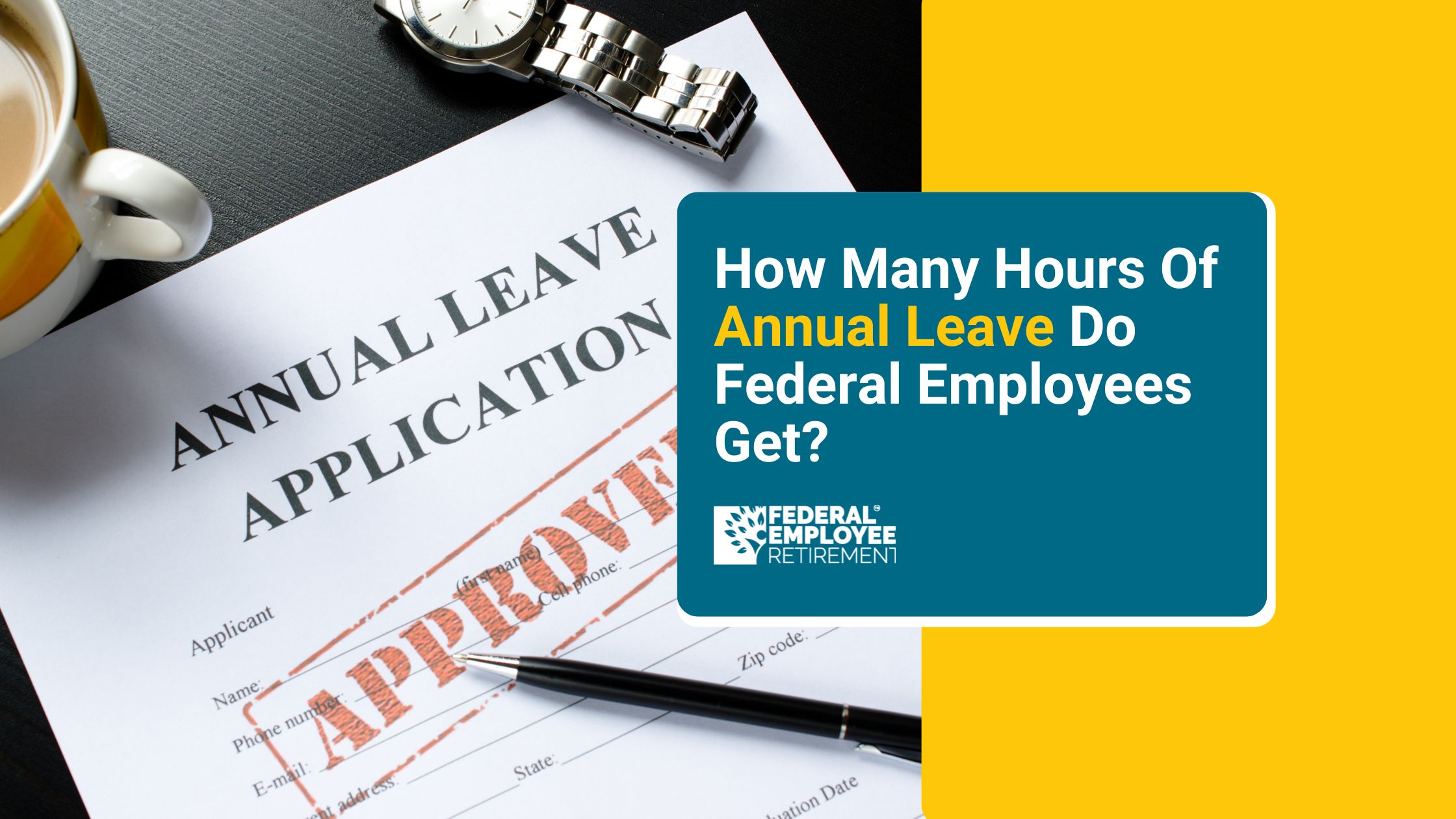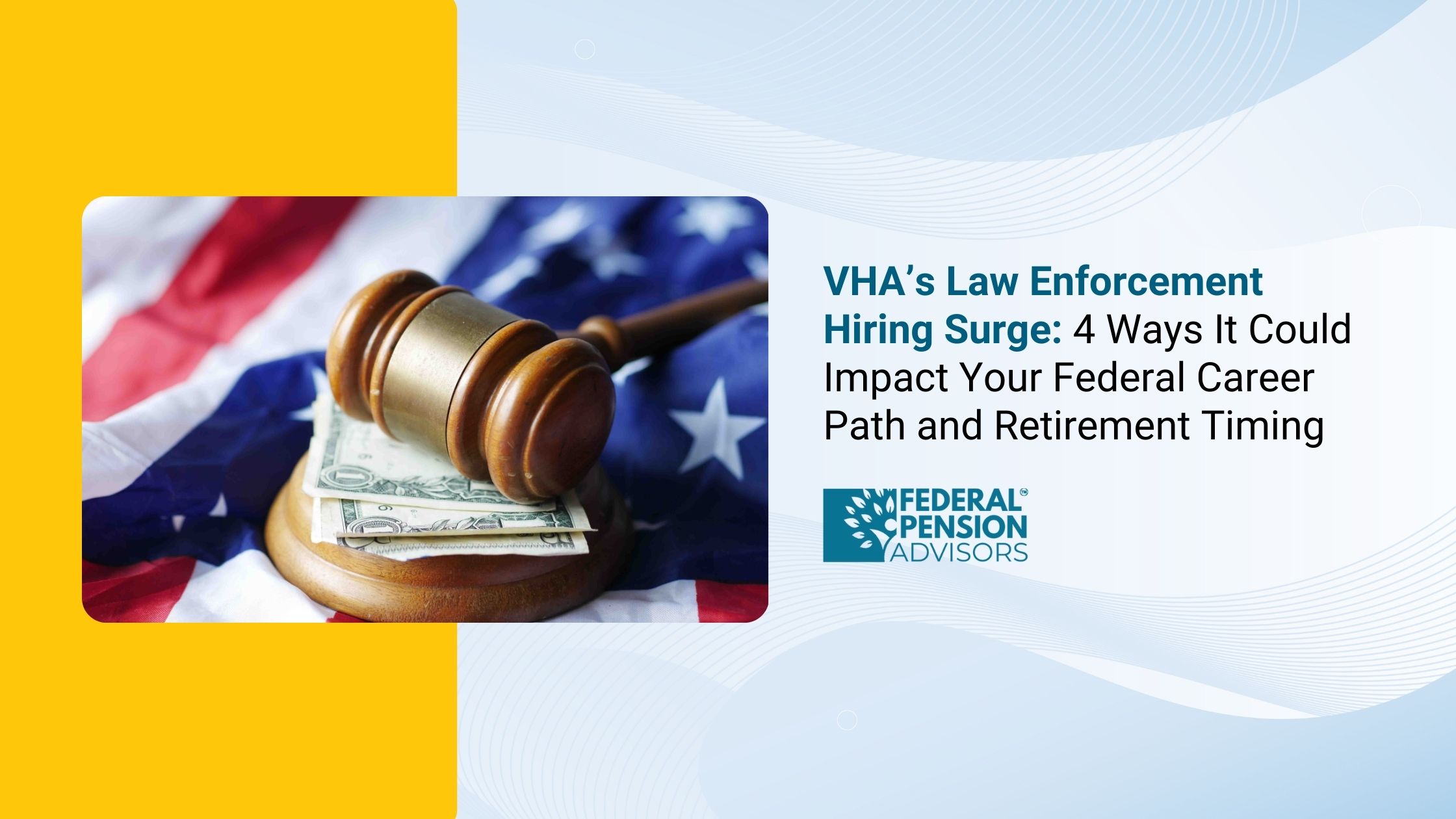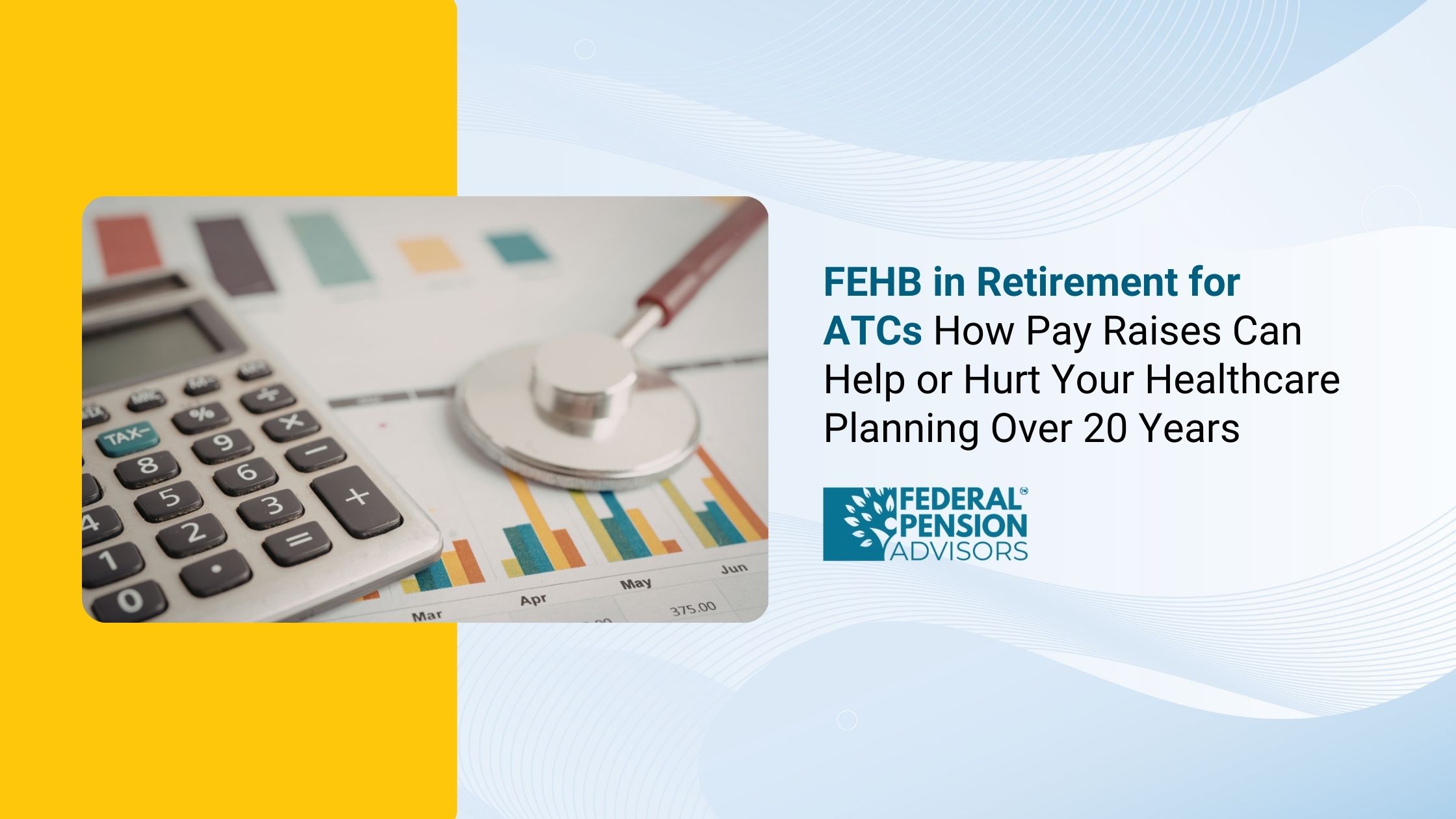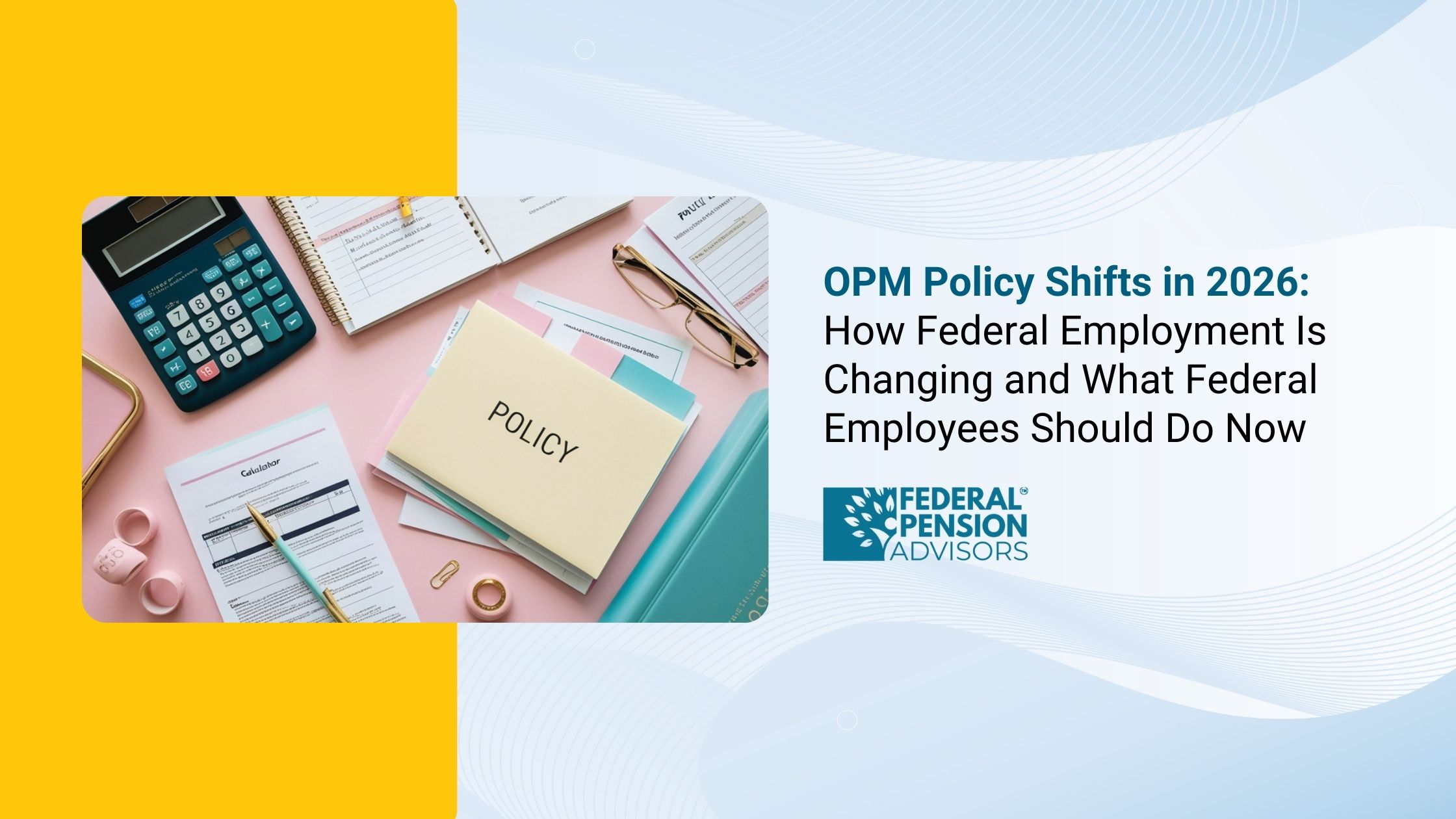You’re not alone; 4,359 federal employees booked their free review.

How Many Hours Of Annual Leave Do Federal Employees Get?
Federal employees in the U.S. earn annual leave according to their length of service. Employees with less than 3 years of service accrue 4 hours per pay period (totaling 104 hours or 13 days annually).
Those with 3 to 15 years of service earn 6 hours per pay period (160 hours or 20 days per year), while employees with 15 or more years accrue 8 hours per pay period (208 hours or 26 days annually).
How Much Annual Leave Do Federal Employees Get?
Here’s how leave accrues depending on your years of service:
- Less than 3 years of service: 4 hours per pay period
→ 104 hours per year (13 days) - 3 to 15 years of service: 6 hours per pay period
→ 160 hours per year (20 days)
- 15 or more years of service: 8 hours per pay period → 208 hours per year (26 days)
Also read - fers sick leave chart
What Is Annual Leave?
Annual leave is paid time off earned by federal employees, which can be used for vacations, personal obligations, emergencies, or simply to rest. It’s separate from sick leave and is a key part of the federal benefits package.
Accumulation Rules for Annual Leave
- Federal employees may carry over up to 240 hours (30 days) of annual leave into the next leave year.
- Employees working overseas or in special positions (e.g., Senior Executive Service) may carry over up to 360 hours or more depending on agency rules.
- Any leave beyond the cap is forfeited if not used in time (usually by the end of the leave year).
Annual Leave for Part-Time and Intermittent Employees
- Part-time employees: Accrue leave on a pro-rated basis, depending on the number of hours worked.
- Intermittent employees (those who work irregular schedules or as-needed): Generally do not earn annual leave.
- It’s important for part-timers to review their agency's leave accrual chart.
Important Points to Note
- Accrual Begins Immediately: Annual leave starts accruing from your first day of federal service. However, you must be in a pay status during a full pay period to earn leave for that period.
- Leave Is Earned Per Pay Period: You don’t get all your annual leave at once. It builds up every two-week pay period, based on your years of service.
- Use-It-or-Lose-It Rule: There’s a maximum carryover limit of 240 hours (30 days) for most federal employees. Any hours above this limit that aren’t used before the end of the leave year will be forfeited, unless restored under special circumstances (like emergencies or agency error).
- Lump Sum Payout on Exit: If you retire, resign, or separate from service, you’ll receive a lump-sum payment for your unused annual leave as long as it's within the carryover limits.
- Leave Must Be Approved in Advance: Supervisors have the discretion to approve or deny leave based on workload and agency needs. Annual leave is a right, but its timing is subject to approval.
- Advanced Annual Leave: You may request advanced leave (up to the amount you would earn in a leave year), but it's granted at your agency’s discretion and typically reserved for exceptional situations.
- Leave Transfer Program: If you’re facing a medical emergency or supporting someone who is, you may be eligible to receive donated leave through the Voluntary Leave Transfer Program (VLTP).
- Annual Leave Does Not Expire Upon Retirement: Your unused leave is paid out at your current rate of pay, meaning careful timing of your retirement can maximize your payout.

Frequently Asked Questions (FAQs)
1. How is annual leave different from sick leave?
Annual leave is for vacations, personal needs, or emergencies. Sick leave is specifically for medical reasons including illness, injury, or appointments and must often be backed by documentation if extended.
2. Can I carry over unused annual leave to the next year?
Yes, most federal employees can carry over up to 240 hours (30 days). Anything above that not used by the end of the leave year will be forfeited, unless restored due to exceptional circumstances.
3. What happens to my unused annual leave if I resign or retire?
You’ll receive a lump-sum payment for any unused annual leave, based on your current rate of pay. This payment may be subject to taxes and can impact your retirement planning if not timed wisely.
4. Can part-time federal employees earn annual leave?
Yes, but on a pro-rated basis depending on how many hours they work each pay period.
5. Do I need my supervisor’s approval to take annual leave?
Yes. While you’re entitled to annual leave, your supervisor must approve the timing of your request based on workload and agency needs. Always plan ahead.
6. What if a federal holiday falls during my annual leave?
You won’t be charged annual leave for that day. Only your working days are deducted.


Get Updated
Subscribe to our weekly updates for the latest on retirement planning, federal benefits, exclusive webinars, and more!
Download Federal Retirement: Step-by-step Checklist
This comprehensive guide will help you understand your federal benefits, optimize your savings, and plan for a comfortable future.



.png)








